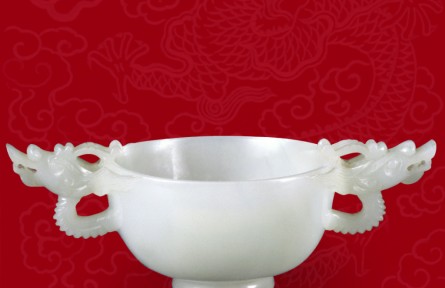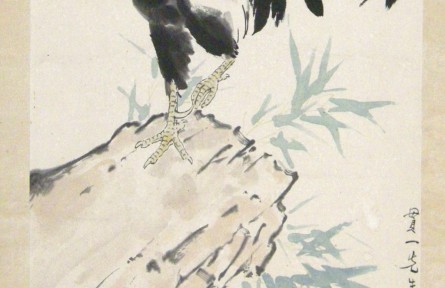巧拙 Cleverness and Clumsiness

“巧”是灵巧、聪慧,技艺娴熟精湛;“拙”则是不巧,心思迟钝,技艺笨拙。在艺术领域中,“巧”指文辞、构思、技法等方面的巧妙,其艺术形式修饰性较强。理论家们多重视“拙”,反对刻意工巧。真正的“拙”不是粗劣低级,而是自然天成,是“巧”到极致的浑然状态,看不到斧凿痕迹。但是,“拙”应该是自然而然达成的,如果有意识地追求“拙”,很可能收到相反的效果。“巧”与“拙”相辅相成,天然去伪饰,则能达到高妙的艺术境界。
"Cleverness" is a synonym for ingenuity, intelligence or exquisite skills. "Clumsiness," on the other hand, means awkwardness, dullness of the mind or lacking in skill. In the field of art, "cleverness" refers to an ingenious, effortless state of creation whereby general layout, wording, and writing techniques together are at their natural best. It stresses the ornamental function of artistic form. Many theorists favor the idea of retaining "clumsiness" but oppose deliberate manipulation of skill. "Clumsiness" here isn't the same as shoddy or of a low grade. It means a perfectly natural state of being, or a piece of writing so excellent by its own right as to lose all traces of artificial ingenuity. However, this "clumsiness" should be attained naturally. If a writer deliberately pursues clumsiness, it will only backfire. Cleverness and clumsiness are complementary to each other. Any pretense should be abandoned in favor of what is natural. Only thus can artistic excellence be achieved.
引例 Citations:
◎大直若屈,大巧若拙,大辩若讷。(《老子·四十五章》)
最直的反而像是弯曲一样,最灵巧的反而像笨拙一样,最好的口才反而像不善言辞一样。
The truly straight will appear crooked; the truly skillful will appear clumsy; the truly eloquent will appear impeded. (Laozi)
◎宁拙毋巧,宁朴毋华,宁粗毋弱,宁僻毋俗,诗文皆然。(陈师道《后山诗话》)
宁可笨拙不要奇巧,宁可朴实不要华丽,宁可粗放不要细弱,宁可生僻不要俗套,写诗作文都是这个道理。
Better clumsy than deliberately exquisite, better plain than gorgeous, better coarse than dainty, and better rarely seen than conventional. This applies to both poetry and prose. (Chen Shidao: Houshan's Understanding of Poetry)
◎文章不难于巧而难于拙,不难于曲而难于直,不难于细而难于粗,不难于华而难于质。可为智者道,难与俗人言也。(李耆卿《文章精义》)
文章不难写得奇巧而难在重拙,不难写得曲折而难在直接,不难写得繁细而难在粗放,不难写得华丽而难在淳朴。这个道理可以和聪明人讲,难以告诉俗人。
The difficulty in writing lies not in cleverness, but in clumsiness; not in being meandering, but in being straightforward; not in being meticulous, but in being crude; and not in being gorgeous, but in being plain. This kind of truth can be discussed only with intelligent people, not with the vulgar. (Li Qiqing: The Essentials of Writings)
推荐:教育部 国家语委
供稿:北京外国语大学 外语教学与研究出版社
责任编辑:钱耐安





